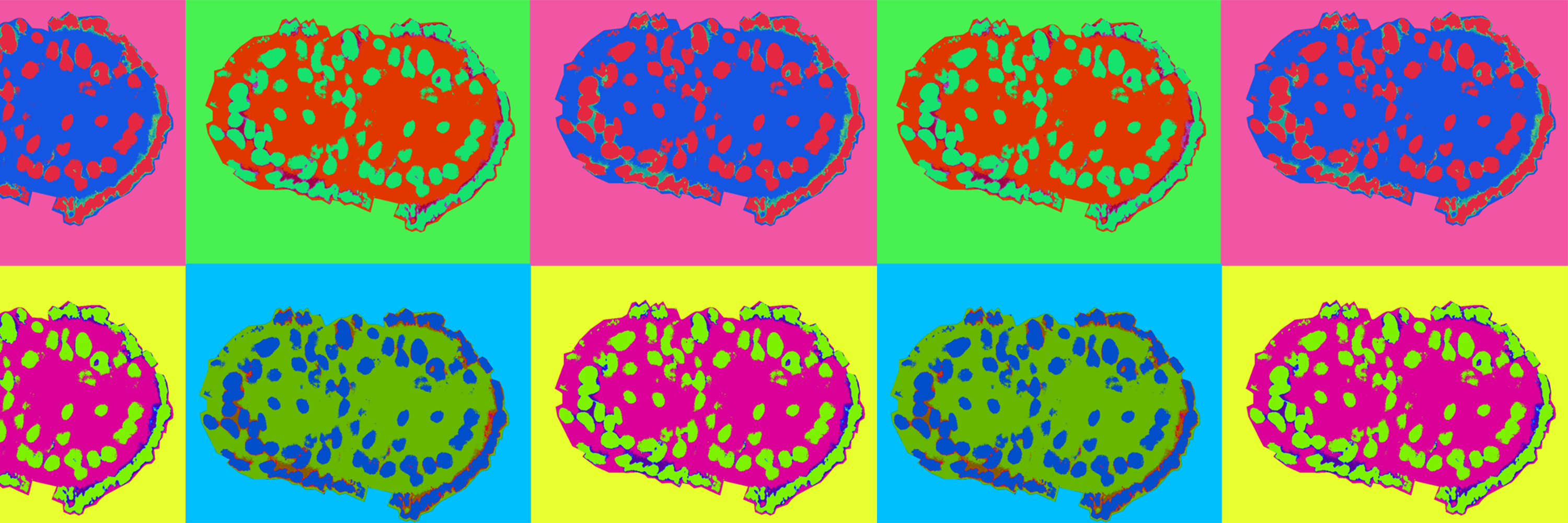
Events
Speaker: Bethan Lloyd-Lewis (School of Cellular and Molecular Medicine, University of Bristol)
Title: Dynamic decisions: Epithelial cell fate specification during mammary development and disease
Date and time: Monday 10 March 2025, 13:00 – 14:00
Venue: IDS building, Level A, Somers Lecture Theatre or Microsoft Teams
Abstract: During development, stem and progenitor cells give rise to specialised cell types to build complex three-dimensional tissues. Adult stem and progenitor cells also function to replenish cells lost to tissue turnover or injury. In certain contexts, such as in response to stem cell depletion or pre-cancerous mutations, some epithelial cell types are able to change their fate (defined as cellular plasticity). To maintain tissue homeostasis these processes must be tightly controlled, as they can be hijacked during the initial stages of some cancers. Focusing on the breast, we study the biological mechanisms regulating stem cell fate and plasticity during mammary tissue development, and the changes that occur during the earliest stages of breast cancer. I will describe our recent work focused on deciphering the spatio-temporal signals regulating early mammary cell fate decisions, and the paracrine interactions between epithelial and mesenchymal cells that guide mammary branching morphogenesis.
Bio: I completed a PhD in Molecular Cell Biology at Cardiff University, followed by postdoctoral positions focused on mammary gland development and stem cell biology at the University of Cambridge and Institut Curie. I subsequently secured a Vice-Chancellor’s Research Fellowship and an Academy of Medical Sciences Springboard Award to establish my independent research group at the University of Bristol. I am currently a Wellcome Trust CDA fellow and Senior Lecturer at Bristol. Our research programme focuses on determining the molecular and cellular mechanisms underpinning mammary epithelial cell fate outcomes during tissue development and homeostasis, and how perturbation of normal cell and developmental processes contribute to breast cancer.


